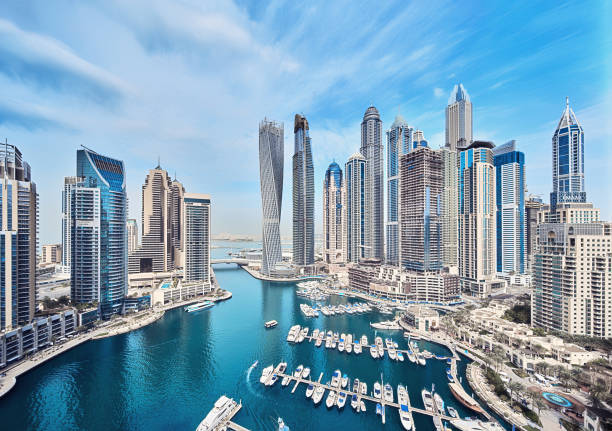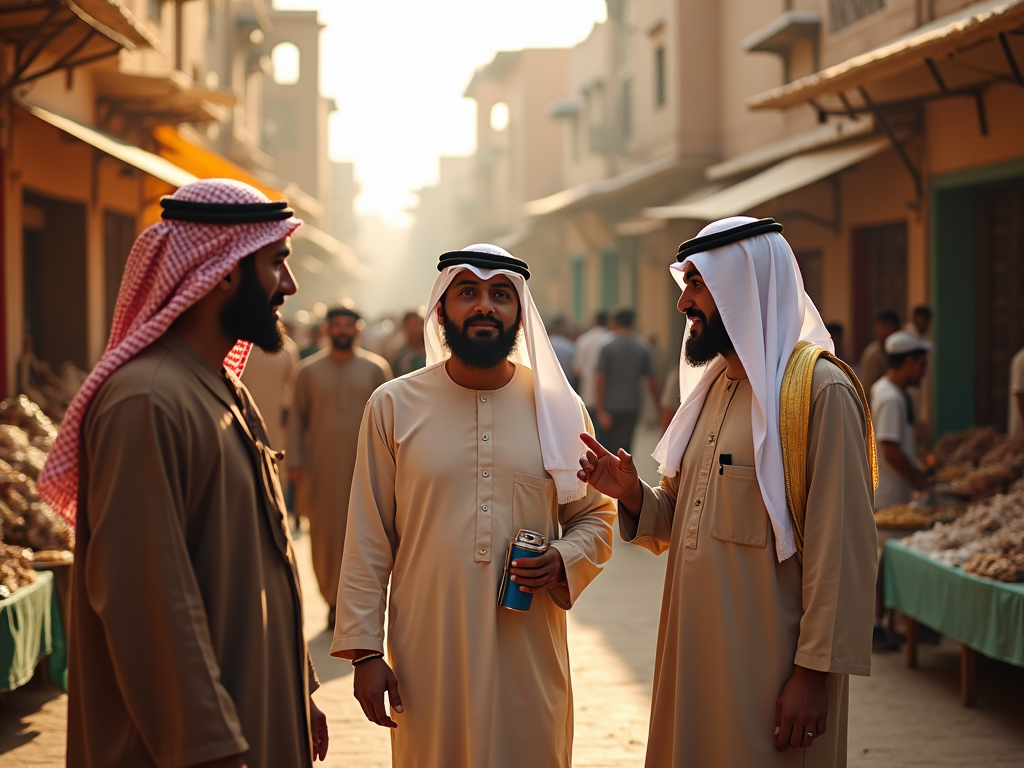Dubai offers a variety of free zones, each designed to attract different types of businesses with specific benefits. DMCC, known as the Dubai Multi Commodities Centre, stands out for its focus on commodities trade. Key differences between DMCC and other free zones in Dubai include their geographical locations, industry specializations, regulatory frameworks, business support services, and cost structures. Understanding these differences is crucial for businesses looking to set up operations in Dubai. This article delves into the distinctive attributes of DMCC compared to other prominent free zones.
What is the DMCC?
Founded in 2002, the Dubai Multi Commodities Centre (DMCC) is a government entity established to enhance commodity trade flows through Dubai. DMCC offers world-class infrastructure and a central location in Jumeirah Lakes Towers (JLT). This free zone specializes in commodities trading, particularly in precious metals like gold and diamonds. With its efficient regulatory framework, DMCC has become one of the most sought-after free zones in Dubai for businesses involved in commodity trading.
Overview of Other Free Zones in Dubai
Dubai boasts numerous free zones, each offering unique benefits tailored to different business sectors. Free zones in Dubai generally provide tax exemptions, 100% foreign ownership, and ease of business setup. However, the specific features and benefits can vary from one free zone to another.
Major Free Zones in Dubai
Below are some of the leading free zones in Dubai:
- JAFZA (Jebel Ali Free Zone)
- DAFZA (Dubai Airport Free Zone)
- DIFC (Dubai International Financial Centre)
- TECOM (Dubai Technology and Media Free Zone Authority)

Key Differences Between DMCC and Other Free Zones
When comparing DMCC to other free zones, several distinctive attributes come into focus:
Geographical Location and Infrastructure
DMCC is centrally located in Jumeirah Lakes Towers, providing excellent connectivity and state-of-the-art infrastructure. In contrast, JAFZA is situated near the largest port in the Middle East, offering logistics advantages. DIFC, located in the heart of Dubai’s financial district, is ideal for financial services firms. Location and infrastructure vary significantly but are tailored to fit the needs of specific industries.
Industry Focus
Each free zone in Dubai has a distinct industry focus. For example, DMCC specializes in the commodities trade, particularly gold and diamonds. JAFZA is more logistics and distribution-focused. DIFC caters to the financial services sector, while TECOM supports technology and media businesses. This segmentation helps businesses choose a free zone that best suits their industry needs.
Regulatory and Licensing
DMCC offers a streamlined licensing process focusing on commodities businesses, which includes fewer regulatory hurdles. JAFZA and DIFC also have efficient regulatory frameworks but are tailored to their specific industry requirements. Each free zone has its regulatory nuances, making it essential for businesses to understand these before deciding on their setup location.
Business Support Services
DMCC provides extensive business support services such as networking opportunities, business centers, and legal assistance. Other free zones like DIFC and TECOM also offer robust support but tailored to their respective industries. The level of support services can significantly impact a business’s operational efficiency and growth opportunities.
Costs and Fees
The cost of setting up and operating a business varies across free zones. DMCC’s fees are competitive but depend on the specific requirements of the business. Here is a comparison table highlighting key cost components between DMCC and other major free zones:
| Cost Component | DMCC | JAFZA | DIFC | DAFZA |
|---|---|---|---|---|
| Business License Fee | $5,000 | $7,000 | $12,000 | $10,000 |
| Office Space | $15,000/year | $20,000/year | $30,000/year | $25,000/year |
| Employee Visa | $1,500 | $1,800 | $2,000 | $1,700 |
Advantages and Disadvantages of DMCC
Beyond the differences, DMCC offers several advantages and some disadvantages:
Advantages:
- Specialized in commodities trade
- Central location with excellent infrastructure
- Streamlined regulatory framework
- Comprehensive business support services
Disadvantages:
- Higher costs for office space compared to other free zones
- Limited to certain industries (mainly commodities)

Conclusion
In conclusion, DMCC distinguishes itself with its focus on commodities trade, central location, and extensive business support. Other free zones in Dubai also offer unique advantages tailored to different industries. Businesses should carefully evaluate their industry needs, cost considerations, and support services when choosing the right free zone for their operations. Understanding these differences can help in making an informed decision and optimizing business success.
Frequently Asked Questions
1. What is the main industry focus of DMCC?
DMCC primarily focuses on the commodities trade, particularly gold, diamonds, and other precious metals.
2. Are the setup costs in DMCC higher than in other free zones?
The setup costs in DMCC are competitive; however, they can vary depending on specific business needs and comparisons with other free zones.
3. Can I switch my business from one free zone to DMCC?
Yes, businesses can relocate from one free zone to another, but they must comply with the respective regulatory and procedural requirements.
4. Does DMCC offer better infrastructure compared to other free zones?
While DMCC offers state-of-the-art infrastructure, the superiority depends on specific business needs and comparison criteria.
5. How does the licensing process in DMCC compare to other free zones?
The licensing process in DMCC is streamlined and efficient, but it may differ in duration and complexity compared to other free zones based on the type of business activity.


